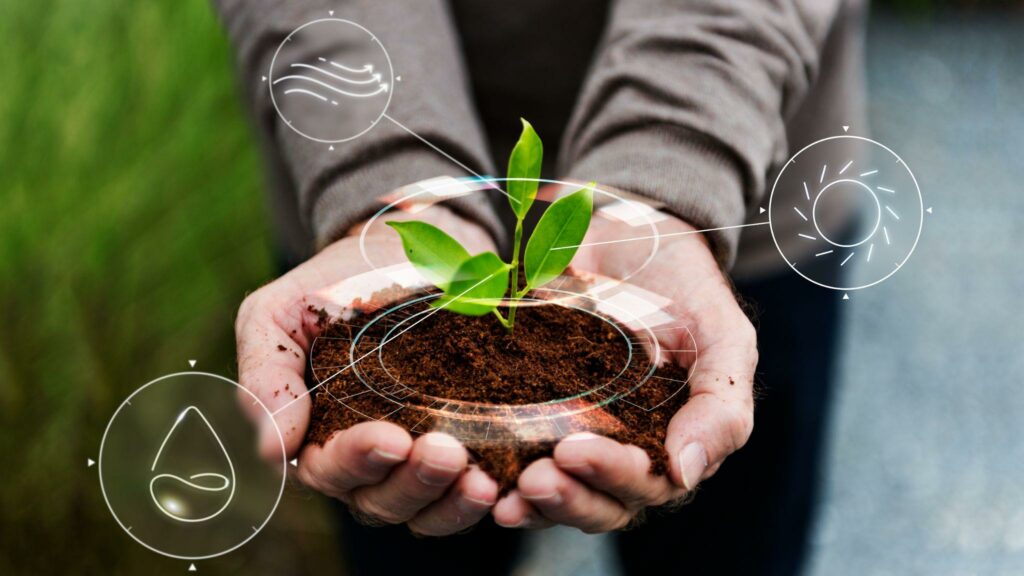Incorporating digitalization in the field as a key ally to overcome the challenges farmers face is essential. At Virkar we are clear that the future of fields and crops lies in technological advances applied to improving agricultural tools. In the following article, we will explore the benefits that digitalization can bring to modern agriculture.
The reasons for digitizing agriculture
The digitization of agriculture was born with the aim of saving resources and improving management, control, parameterization, and the overall quality of life of farmers.
Among its main objectives, digitizing fields aims to move away from paperwork and record all data digitally in the field notebook. The various applications allow for quick and effective data cross-referencing, also providing producers with the ability to obtain more accurate diagnostics.
Freeing agricultural work from bureaucracy improves organization and management. Although it may seem like a minor issue, documents in daily agricultural activities are difficult to handle and store, which is why being able to transfer all the information to a device is a key solution for producers.
The digitization of data in agriculture is a very important first step to achieve other goals that facilitate the daily organization and management of farms.
Quickly knowing the yields per hectare of a crop, plot by plot, the exact amount of herbicide to apply, or the seeding rate per hectare according to the plot, etc.
More information means better control of your field
Uploading the information from our field and using applications specially designed for crops allows us to broaden our perspective and make better decisions. Modernizing the field will have a direct impact on business development and the ability to adopt new business models that are increasingly sustainable both economically and environmentally.
Digital transformation aims to achieve precision agriculture. The use of data and satellite images to analyze various agricultural parameters, crop behavior and development, soil fertility, etc. All of this allows the farmer to fertilize or apply nutrients with the exact amount needed at any given time, irrigate zone by zone within the farm using the water resources the plants require, or automate fertigation processes in greenhouses or orchards.
The challenges of digitization
Digital agriculture solutions are objectively an opportunity to improve farmers’ competitiveness, optimize costs, and advance toward sustainable agriculture, where water use is a priority and the incorporation of protective measures aimed at preserving biodiversity is an achievable goal.
However, it also presents challenges that must be overcome to take full advantage of the opportunities offered by advanced agricultural technology.
- Access to technology: Farmers in rural areas often have limited access to technology, including the Internet and suitable mobile devices.
- Technical knowledge: Many lack the skills to use advanced digital tools and information technologies. The lack of specific training in agricultural technology is a common problem.
- Cost of technology: Investing in agricultural technology can be expensive, and some farmers may have concerns about the return on investment.
- Adaptation to change: Digitization involves changes in farm management, which may require significant adaptation and training.
Virkar and its commitment to technological innovation
Since its inception, Virkar Group has committed to research and the incorporation of technological advances for the development of its seeders. Virkar agricultural machinery guarantees efficiency for your field, regardless of the specific conditions and characteristics of the terrain and crops.
Discover our models, their technical details, and possible combinations on our website. Additionally, you can see our direct seeding machines in action in our exclusive multimedia content. Contact us to get a quote tailored to your needs and learn about the specifications of all our products, or call us at 938 043 387.
